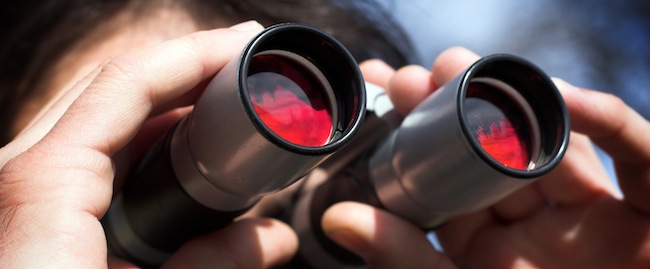
Being a private investigator (PI) is a difficult and possibly dangerous occupation, and it’s important for PIs to abide by the law as they carry out their duties. This is to ensure their personal safety and professional license, as well as to protect the interests of their clients.
However, inexperience may impose restrictions especially to amateur investigators, and may lead them to break protocol without even knowing it. On the other hand, seasoned PIs are expected to fulfill their jobs minus the common mistakes that new private investigators tend to commit.
1. Breaking and Entering
Just because private investigators know how to pick locks doesn’t mean they should. Unless they secure a search warrant from the court, PIs are not allowed to enter premises deemed private, let alone search the property for evidence. It is also imperative that the owner consents to search before a private investigator can enter the premises.
2. Impersonating Police Officers
While PIs have the license to conduct investigations, they are not allowed to enforce the law the way a police officer can. In addition, it is illegal for private investigators to impersonate a police officer in order to extract data from potential sources or to gather information that can only be accessed by proper authorities. Risking it could mean losing their license, or even incarceration, depending on the gravity of the offense. And as Manhattan private investigator, Darrin Giglio, says: “Not all civilians are aware of this so it’s important for private investigators to carry identification at all times. This way, they can avoid confusion with civilians and authorities.”
3. Bypassing Surveillance Procedures
Private investigators are allowed to carry out surveillance on public places, say when their subject is in the mall, out shopping, or in the park. On the other hand, PIs are prohibited from conducting surveillance when their subject is within a territory that is considered private such as their home and its perimeter.
Taping subjects without consent from the court would mean breaching surveillance procedures and may cost PIs their jobs. In addition, stalking is not considered a method of surveillance especially if it suggests intimidation and harassment.
4. Accessing Information without Consent
It is common for private investigations to dig for more information including the ones that are not available to the public. However, private records such as credit information, criminal records, and phone records may only be obtained if the PI is able to secure consent from the court. In some states, law provides that the private investigator also seek the consent of the person concerned, otherwise the investigation would be illegal.
5. Wiretapping Phones and Recording Conversations without Consent
Tapping phones is only legal when it is approved by the court, and in some states, by the subject of the investigation. A private investigator has to secure a warrant before he or she can tap a person’s phone.
As for recording conversations, some states consider it illegal to record a conversation without the other party knowing it. On the other hand, conversations that are loud enough for a private investigator to hear cannot be avoided at times. Nevertheless, they are not allowed to record it without consent.
It is worth noting that laws can differ for every state so it’s important that private investigators know the laws that govern their profession. This way, they will be able to perform their job without crossing legal boundaries, as well as protect themselves and their clients.




